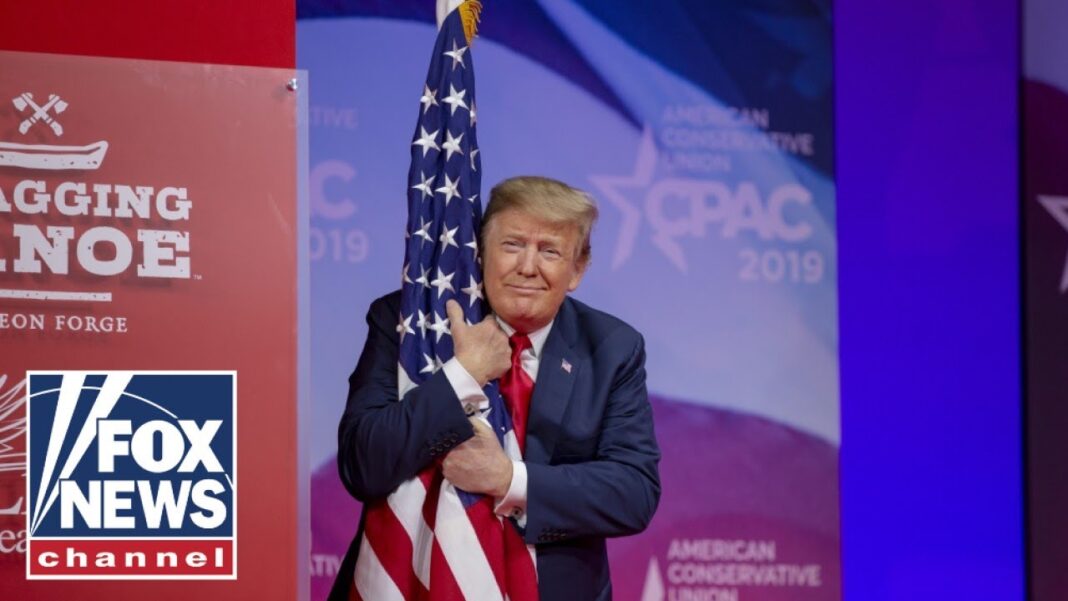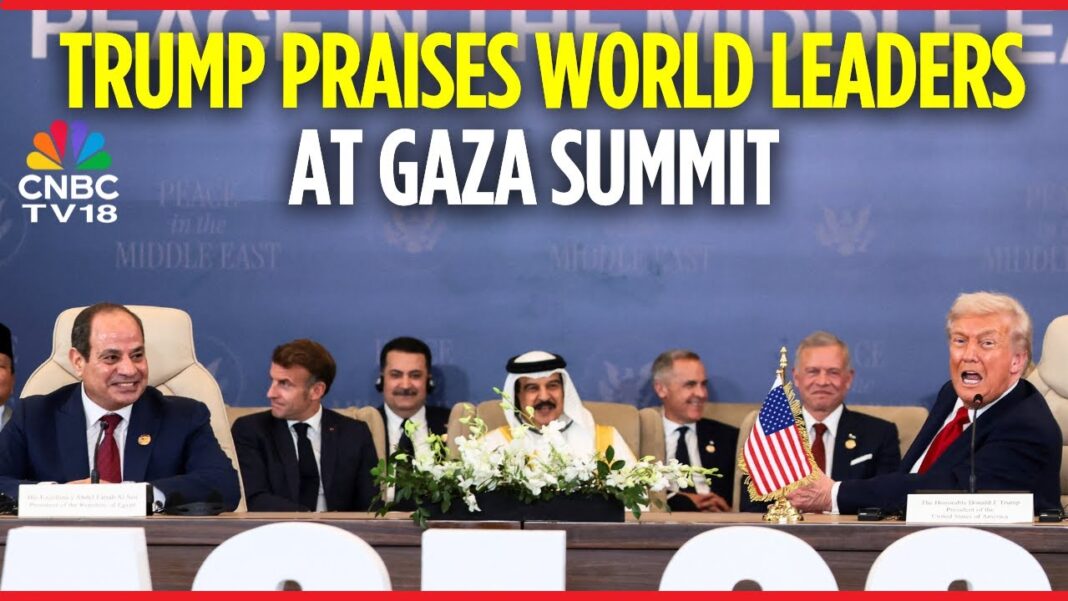China tried to inflict maximum pain on the United States, but hasn’t improved its position and risks further isolation, experts say.
The U.S.–China trade war has unfolded like a boxing match. Both sides were trading blows, and suddenly, China threw a haymaker.
That’s the analogy William Lee, chief economist of the Milken Institute, used to describe the latest development in the economic confrontation between the two countries.
On Oct. 9, China announced that it is tightening its export controls on rare earths, effective Dec. 1. Beijing has a near-monopoly on the critical minerals essential for modern manufacturing, from cars and electronics to advanced weapon systems. The Chinese Ministry of Commerce also unveiled export controls on battery materials, effective Nov. 8.
Although China has been slowwalking its supply of rare earths to the rest of the world since April, the new measures expand its restrictions to any products that contain 0.1 percent of Chinese rare earth content or Chinese technology is used in the process.
U.S. President Donald Trump responded on Oct. 10, saying the regime is “becoming very hostile.”
“This was a real surprise, not only to me, but to all the Leaders of the Free World,” Trump wrote on Truth Social.
He then said there is now “no reason” to go ahead with an upcoming meeting with Chinese Communist Party (CCP) leader Xi Jinping planned for the sidelines of the Asia-Pacific Economic Cooperation summit in South Korea.
Later that day, Trump announced that he would impose a 100 percent additional tariff on Chinese goods and impose export controls on all critical software, effective Nov. 1.
On Oct. 12, the Chinese Ministry of Commerce called for “addressing concerns through dialogue” and stated that it will retaliate if Trump follows through on his promise.
Alexander Liao, who grew up in China’s military system and later became a seasoned journalist and Hong Kong bureau chief, told The Epoch Times that the regime’s latest move is calculated.
He said the CCP is attempting to take advantage of what it perceives as a U.S. vulnerability associated with the government shutdown, but the move hasn’t improved Beijing’s position in trade negotiations. Instead, Liao said, it will deepen China’s isolation by strengthening the West’s resolve to achieve rare earth independence and facilitate a world trade alliance without China.
By Terri Wu








